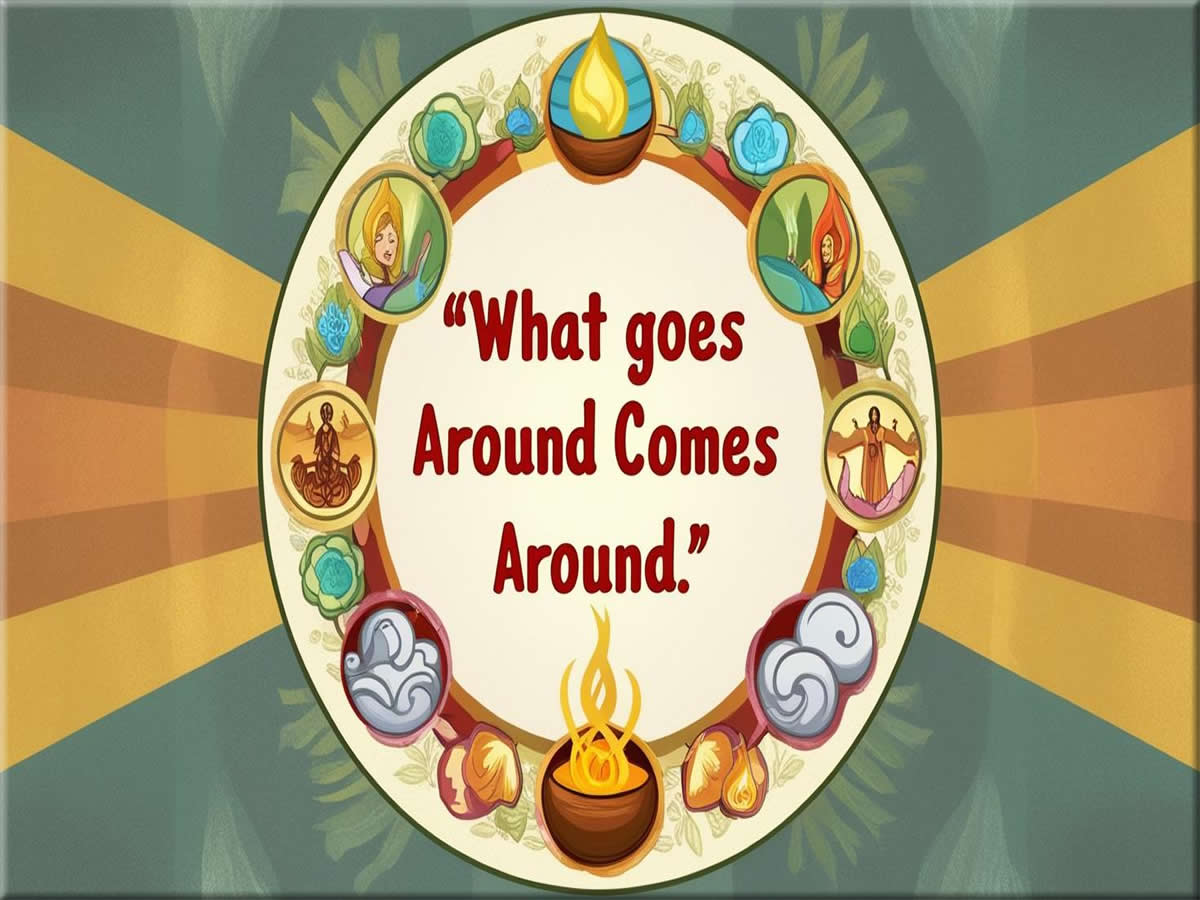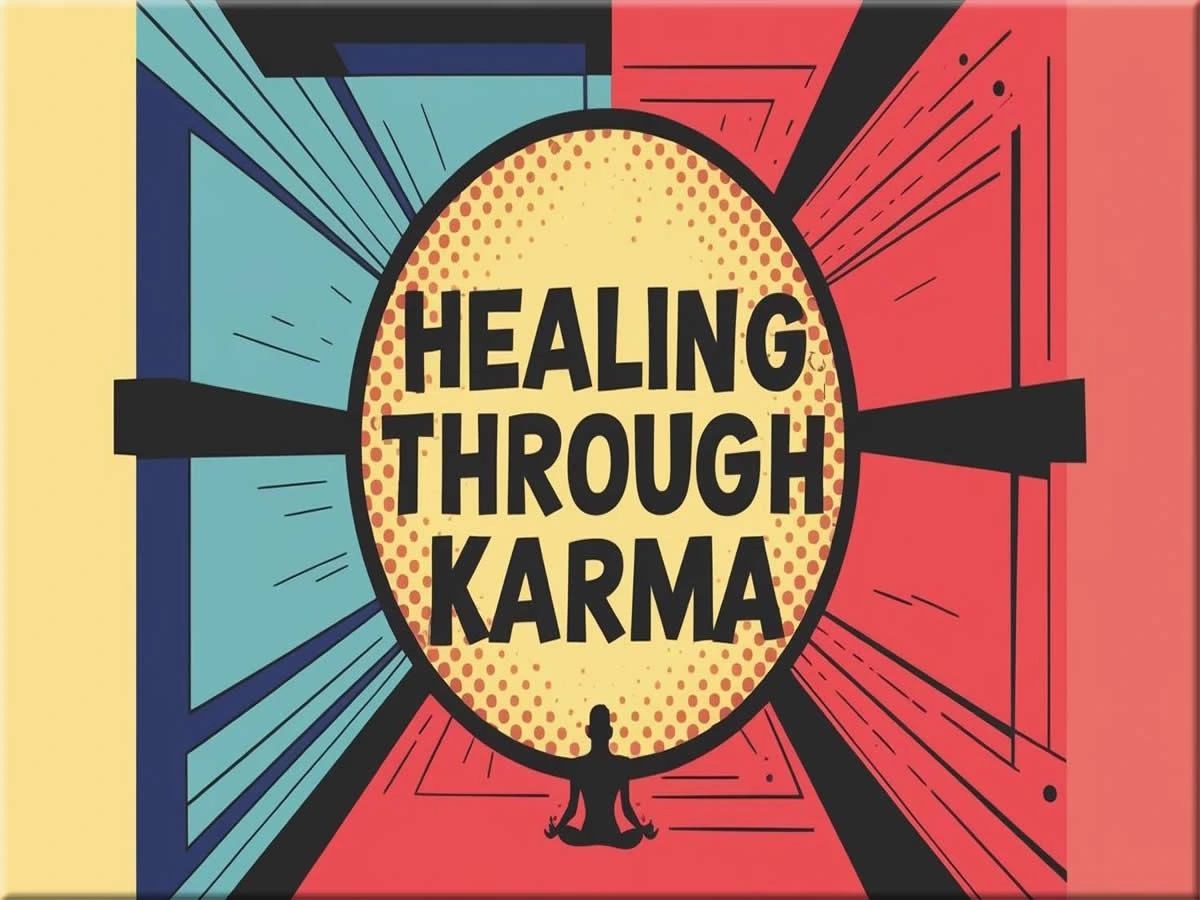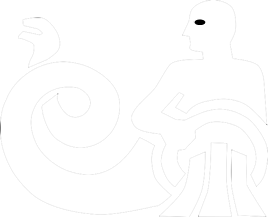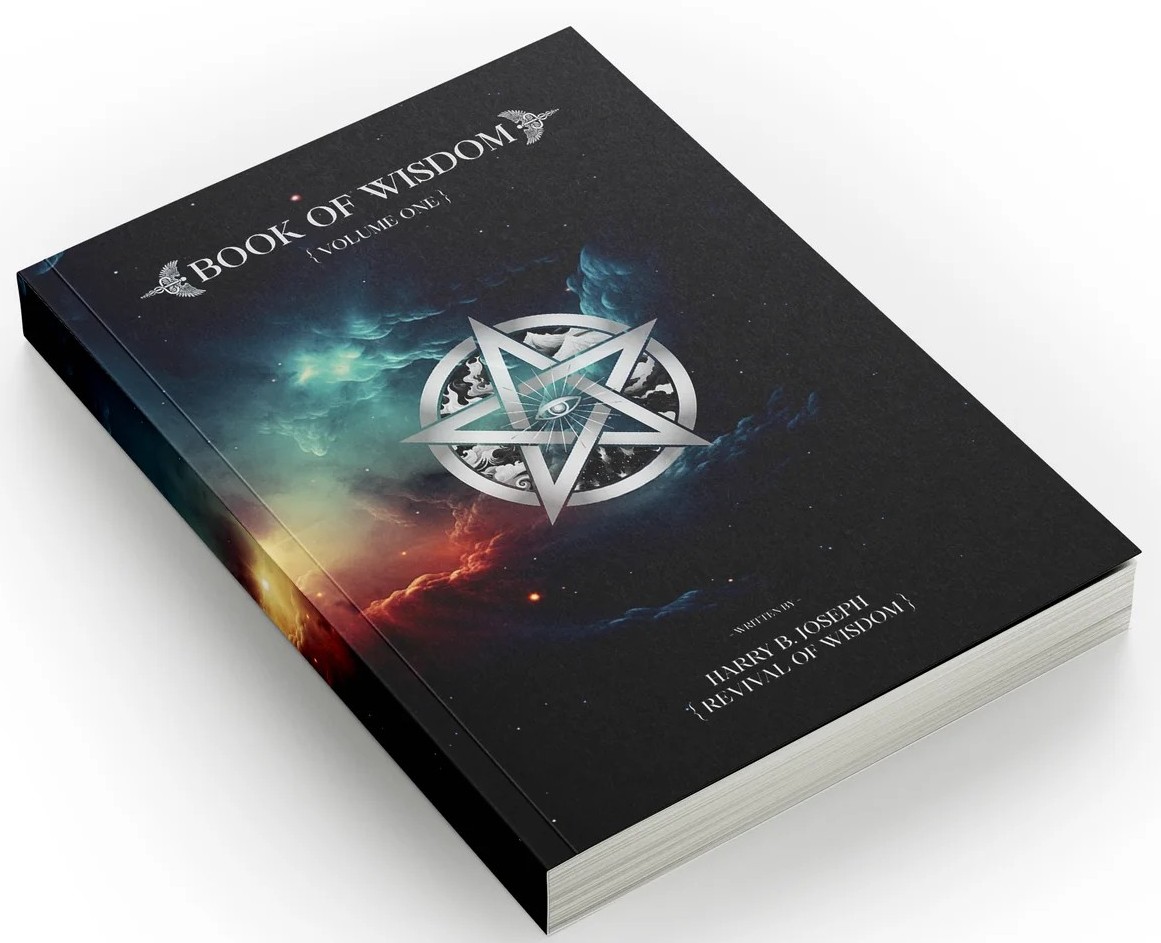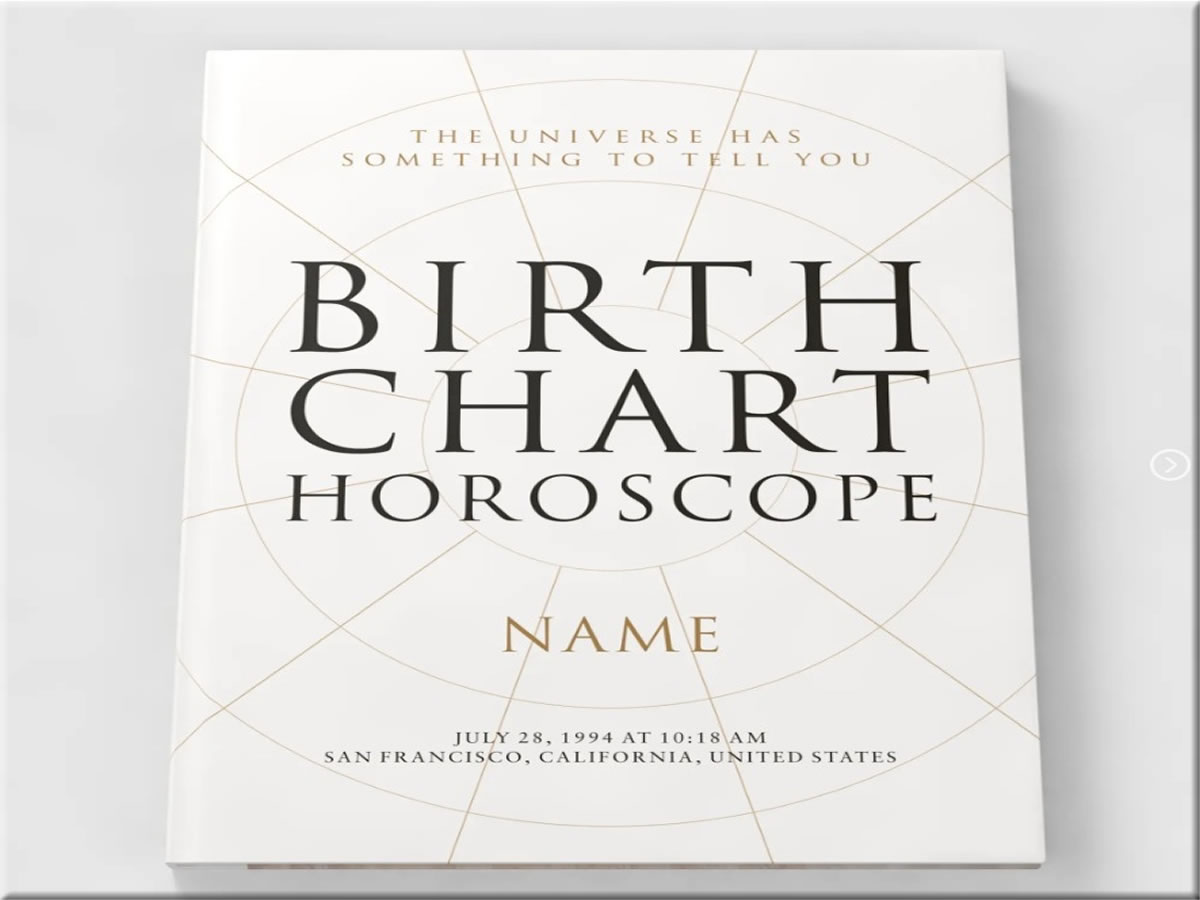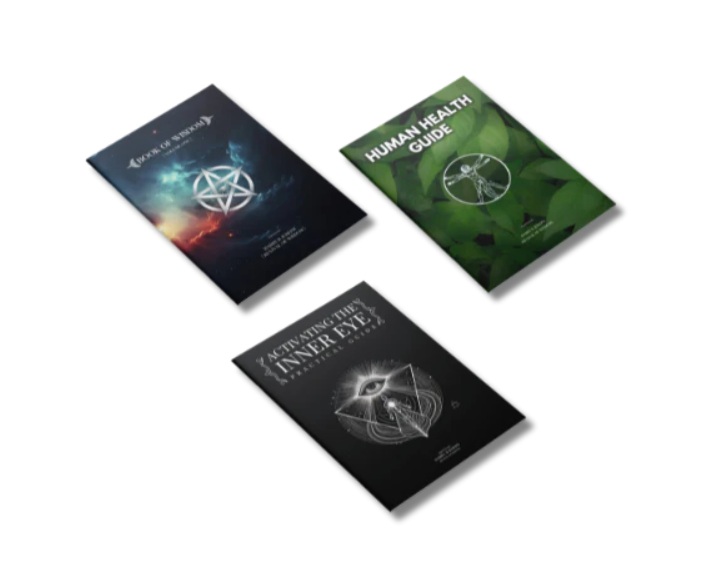
10 Myths About Karma Debunked
Karma is often thought of as some cosmic balance sheet, where good deeds add credits and evil deeds incur debits. While this is a popular perspective, it is somewhat reductive. The karmic concept is deeply rooted in the philosophies of Hinduism, Buddhism, and Jainism, where it is viewed as a principle of balance and moral cause and effect that extends beyond simple tallying.
The origins of karma can be traced back to ancient Indian texts. Here, it’s seen as a natural law of the universe, emphasizing the spiritual consequences of actions, thoughts, and even intentions. It’s less about immediate payback and more about long-term growth and soul evolution.
This leads to common misconceptions, one of which is the expectation of instant karma. Many expect to act swiftly, resolving moral debts in real-time. But this belief can lead to unrealistic expectations and a misunderstanding of how ethical and spiritual formation works over time.
The Book of Wisdom is a must-have book for every free-thinker and truth-seeker. It offers a wealth of knowledge, encompassing both surface-level truths and deep, hidden insights from the esoteric realm.
The phrase ‘what goes around comes around’ might capture karma’s essence in a catchy way, but it’s the wrong kind of simplification. The appeal of seeing karma as a clear-cut justice system is understandable, but it’s more of an ongoing journey towards enlightenment, with lessons learned along the way.
Seeing karma as something that simply enforces moral behavior limits its true potential and complex nature. It’s better viewed as a framework encouraging self-reflection and responsibility for one’s actions and their broader impact. Understanding this can lead to more meaningful personal growth and maturity.
Myth 1-3: Simplifying Karma’s Complexity
There’s a common belief that this concept delivers its outcomes immediately, often seen as a quick-fix solution to injustices or bad behavior. However, this isn’t quite the case. Karma is more like planting seeds; the fruits of one’s actions may not ripen until much later, reflecting on the interconnectedness and complexity of life’s circumstances.
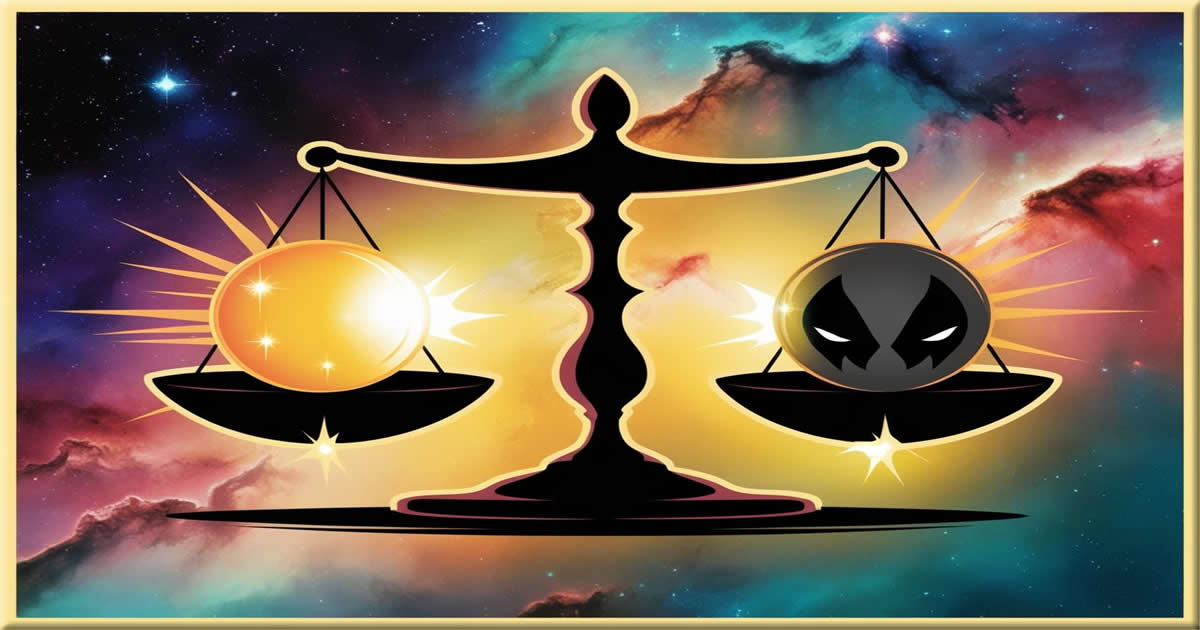
Another myth is that it acts as a punitive force, punishing wrongdoers with a sharp sense of retributive justice. This perspective paints karma as a moral policeman. But in reality, it is more about learning and growth. It encourages self-improvement through a deeper understanding of one’s actions and their ripple effects.
A further misconception is limiting karma to just actions, ignoring the role of thoughts and intentions. Yet, these internal factors are fundamental in shaping karmic outcomes. The intentions behind actions carry significant weight, highlighting the importance of mindfulness and sincerity in everyday decisions.
Understanding these myths requires a shift from looking at karma as a simple transactional tool to a more nuanced, introspective process. It’s about fostering personal development, not just settling scores, and recognizing the profound value in every choice and intention.
Myth 4-7: Breaking the Mold on Modern Interpretations
Many people mistakenly equate the karma effect with divine retribution, assuming a higher power is punishing them. It is essential to know that it is not linked to divine judgment. Instead, it’s about personal accountability and the natural consequence of one’s actions within the universe’s moral fabric.
There’s a widespread belief that accumulating good karma guarantees wealth and success. This myth perpetuates the notion that it is a get-rich-quick scheme, overlooking its genuine purpose. Karma isn’t about monetary gain but about fostering values like kindness and empathy, which might bring more profound rewards than just financial ones.
Volume 2 continues the profound themes introduced in the predecessor even deeper into the complexities of existence and the pursuit of knowledge, encouraging readers to question established beliefs.
The idea that karma represents a fixed destiny can be discouraging, trapping people in a sense of helplessness. However, this isn’t entirely true. Karma acknowledges the possibility of change and personal growth, emphasizing the choices we make today. It’s empowering to know that we can shape our destiny through our actions and intentions, breaking free from past cycles.
Some people believe that karma only pertains to this lifetime, neglecting its broader spiritual implications. Many Eastern philosophies view this concept as extending across lifetimes, contributing to the ongoing journey of the soul. This perspective encourages individuals to consider their legacy and the long-term impact of their actions beyond their immediate surroundings.
Myth 8-10: Rethinking Karma in Our Contemporary World
A common misconception is that only those who do wrong suffer, suggesting that life’s hardships are purely the result of bad karma. This outlook oversimplifies the complexities of karma and its role in personal development. Challenges often serve as opportunities for growth and are not necessarily a form of karmic retribution.
Another myth suggests that good karma can be accumulated like a points system, which can be traded in for personal benefits later. This transactional interpretation misses the essence of karma as a path to self-awareness and transformation. However, true karma isn’t something to be banked; it’s lived through genuine, compassionate interactions.

Finally, many people think that karma is something measurable, keeping score of one’s moral actions like a cosmic ledger. But karma’s influence on life is more subtle and intertwined with our personal journeys. It’s less about measuring good deeds and more about fostering intrinsic values that guide us in living honestly and intentionally.
Rethinking these beliefs enables a more profound engagement with the principles of karma, encouraging a focus on the quality of our thoughts and actions rather than the tally of outcomes. It’s about understanding and living in harmony with the more excellent interconnected web of existence and realizing the potential we hold in shaping our journey.
Related Topics
